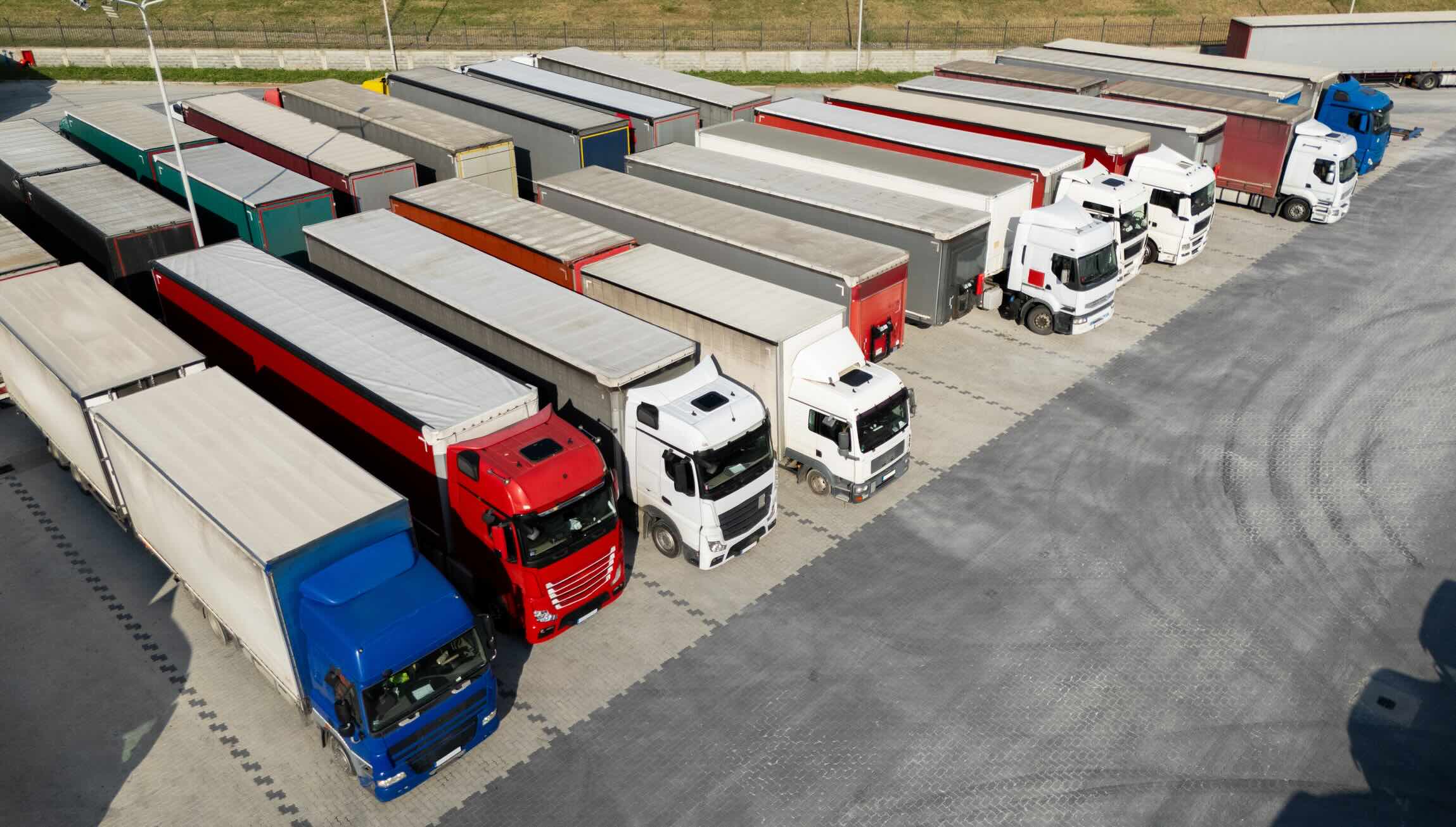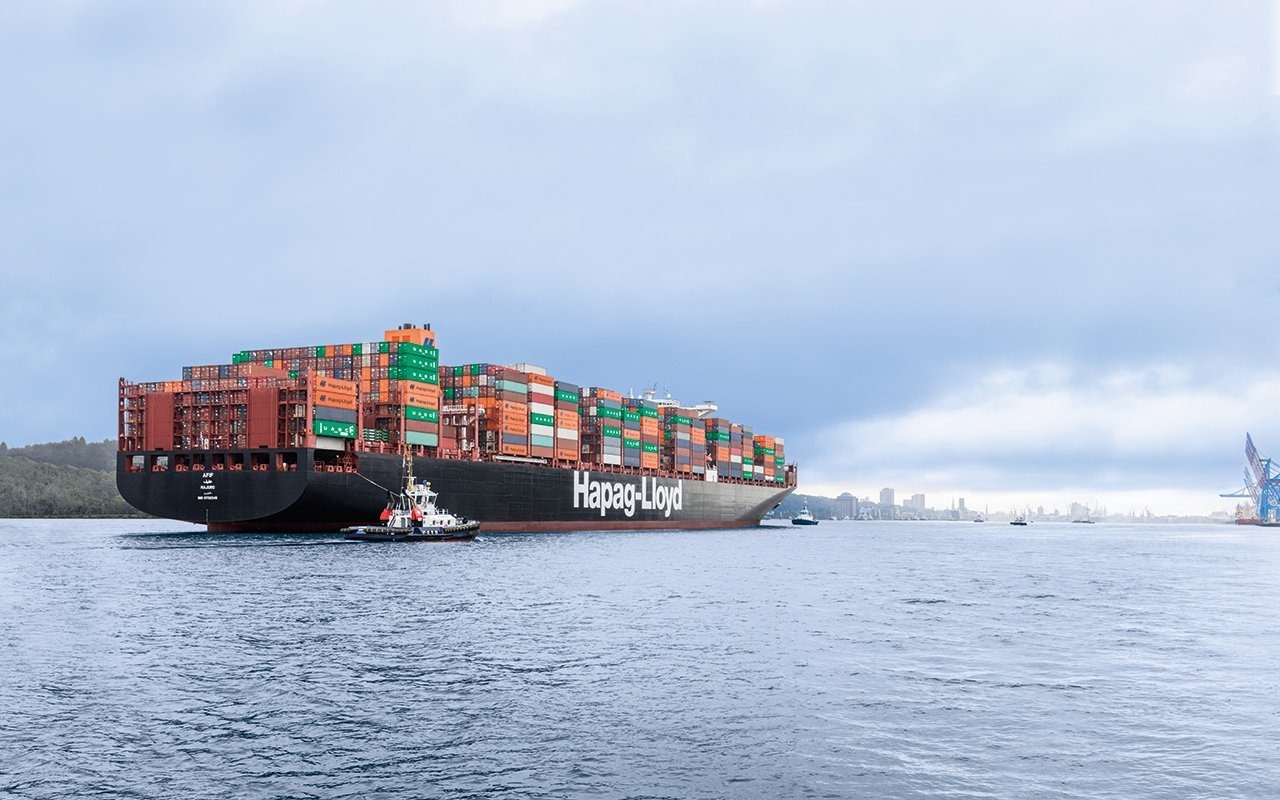If you are already logged in but still cannot access all the content, please contact us!

BAROMETER. Transport prices fell sharply in September, in an uncertain political and economic landscape. The market is experiencing structural overcapacity.
In France, the long period of uncertainty that began on June 9, following the dissolution of the National Assembly by President Emmanuel Macron, has finally ended. On September 5, after almost two months of waiting, President Emmanuel Macron appointed his new Prime Minister, Michel Barnier. It took about two more weeks to discover the composition of the government, but this time it's done, France has found a new crew at the helm, even if it is certain that the absence of an absolute majority in Parliament will make its work particularly difficult.
The post of Minister Delegate for Transport goes to François Durovray, who succeeds Patrice Vergriete. An appointment that was rather well received in professional circles. Recognised for his knowledge of issues in the field of passenger transport, the minister will nevertheless have to prove his interest in the issues specific to freight transport. And the least we can say is that he will have his work cut out for him. His first decisions are eagerly awaited, particularly by road carriers who are experiencing a very difficult period.
An improvement in the business climate
Despite the long period of political uncertainty and more than worrying public accounts, the French...
This content is for Upply subscribers only.
Already a subscriber?
Log inNot subscribed yet?
Check out our offers
Our latest articles
-
7 min 03/03/2026Lire l'article
-
Subscriber France: Road transport prices remained almost stable in January
Lire l'article -
Hapag-Lloyd - Zim: a shipping deal with geostrategic implications
Lire l'article


